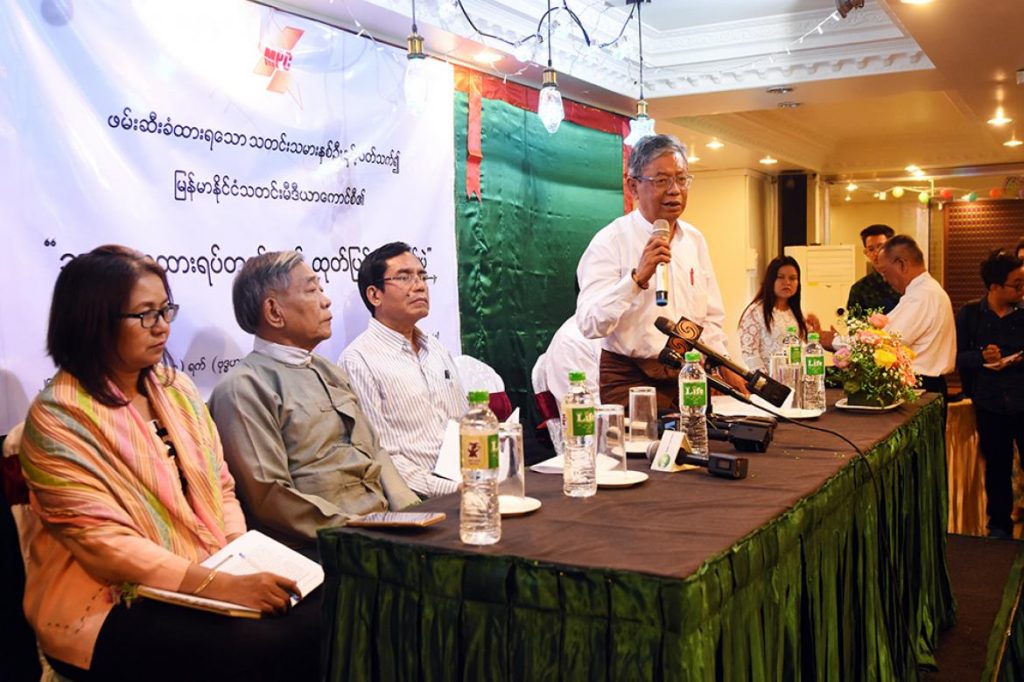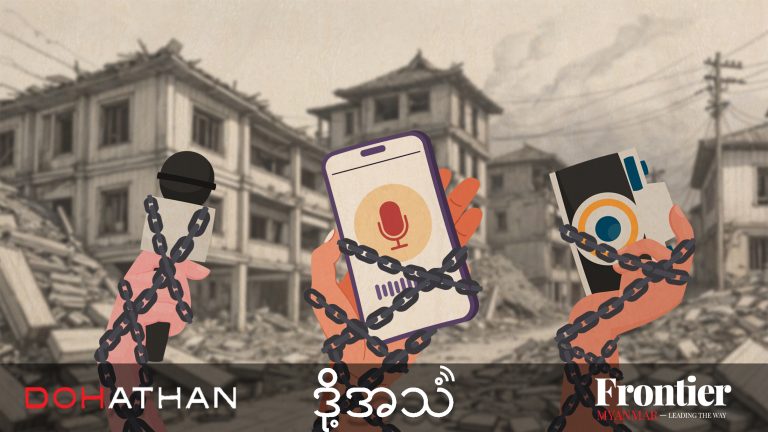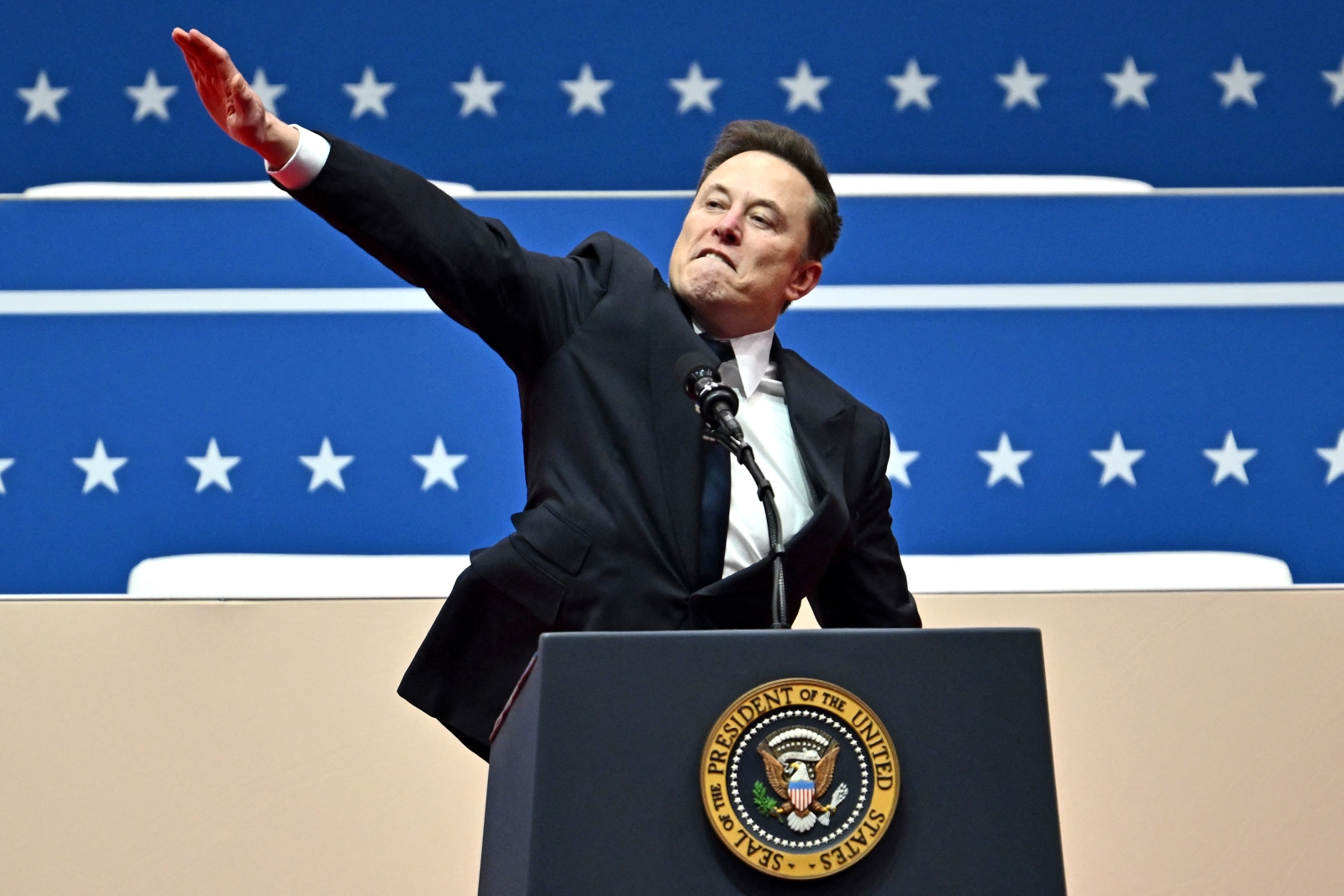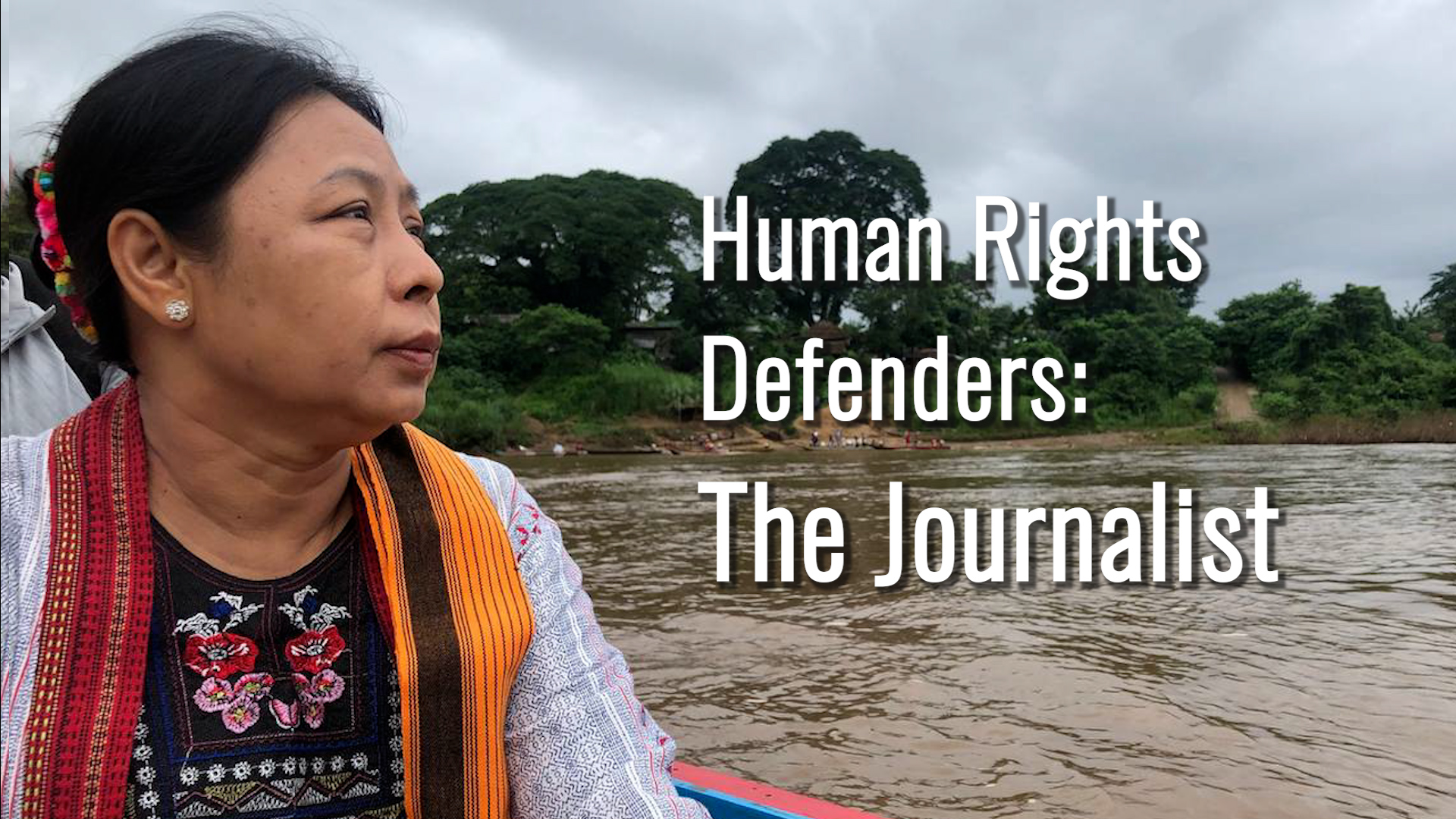By KYAW LIN HTOON | FRONTIER
YANGON — The Myanmar Press Council has called for the government to allow it a role in mediating charges against two Reuters reporters, who were arrested last week and have been held in an undisclosed location without access to their families or legal representation.
Ko Wa Lone and Ko Kyaw Soe Oo were arrested on the evening of December 12 after meeting with police officers in Htauk Kyant, on the northern outskirts of Yangon. They are set to be charged under the Official Secrets Act for possession of classified documents, and face a potential 14-year prison term.
In a media conference on Wednesday, the peak body of Myanmar’s media workers called on authorities to allow them to mediate the case under the provisions of the 2014 News Media Law.
“The Myanmar Press Council is willing and ready to provide legal assistance for the accused reporters so that justice would be served,” the council said in a Wednesday statement.
Support independent journalism in Myanmar Sign up to be a Frontier member.
Under the News Media Law, the council is given the responsibility to arbitrate civil and criminal complaints against reporters before they are referred to a court.
In practice, the council is regularly bypassed, and complaints are sent directly to police. At least 10 journalists in Myanmar have now spent time behind bars since the start of the year, in cases that sidestepped the council’s arbitration procedures.
At the Wednesday’s press conference, MPC vice-chairman U Aung Hla Tun called for the abolition of the laws that had been used to jail journalists over the past year.
“Not only [the Official Secrets Act]. There are a lot of laws that need to be abolished or amended,” he said. “The Unlawful Associations Act, which was enacted over 100 years ago. And also the modern-day laws like 66(d), and then also media law. We need to fix them.”
In June, three reporters were arrested and charged under the Unlawful Associations Act for attending an anti-drug ceremony organised by the Ta’ang National Liberation Army. They were released two months later.
Section 66(d) of the Telecommunications Law, a statute that criminalises defamation on social media, was used this year to imprison an editor and columnist from The Voice weekly journal, after the publication of a satirical article lampooning a film glorifying Myanmar’s armed forces.
The arrest of Wa Lone and Kyaw Soe Oo has prompted an outpouring of international condemnation from foreign embassies, United Nations representatives and local media organisations, amid fears of a new crackdown on press freedom in the wake of the Rakhine crisis.
The pair had been investigating the discovery of a mass grave in Inn Din village, in southern Maungdaw Township, prior to their arrest. The government announced on Tuesday that it would conduct its own investigation into the discovery of 10 bodies found in the grave.
U Zaw Htay, spokesman for the office of State Counsellor Daw Aung San Suu Kyi, claimed Wednesday that the pair were being held somewhere in Yangon and were in “good” health, according to Reuters.
Ma Pan Ei Mon, Wa Lone’s wife, said she had grave concerns for her partner’s welfare.
“Between December 12 and now, I’ve not yet met with him and no authorities have come to tell me where he is,” she told Frontier.
Pressed to explain why they had taken more than a week to make a public statement on the pair’s detention, MPC members told Frontier on Tuesday they had been delayed by their hosting of a media delegation from Nepal.
U Hline Tint Zin Wai, a member of the Protection Committee for Journalists Myanmar, said the council should be making more of an active effort to protect the safety and liberty of reporters in the country.
“I don’t wish to lay blame on them as they might have reasons for restricting themselves,” he said. “But I want them to be aware that if they keep hesitating like this in future cases, they will not be considered in a good light.”
Speaking on the condition of anonymity, one MPC member said they wanted journalists and the wider public to be mindful of the legal restrictions in the News Media Law that prevented them from taking a more active role.
After a closed door meeting Tuesday, MPC secretary U Thiha Saw said the council also planned to organise a media trip to northern Rakhine State, with or without the sanction of the government.
“We wish to see more independently and locally reported stories on the Rakhine crisis,” he said. “We want to show the world that we do have independent private media in Myanmar.”
Previous trips to Rakhine State in the aftermath of the August violence have been tightly chaperoned by representatives of the military and the Ministry of Information.







